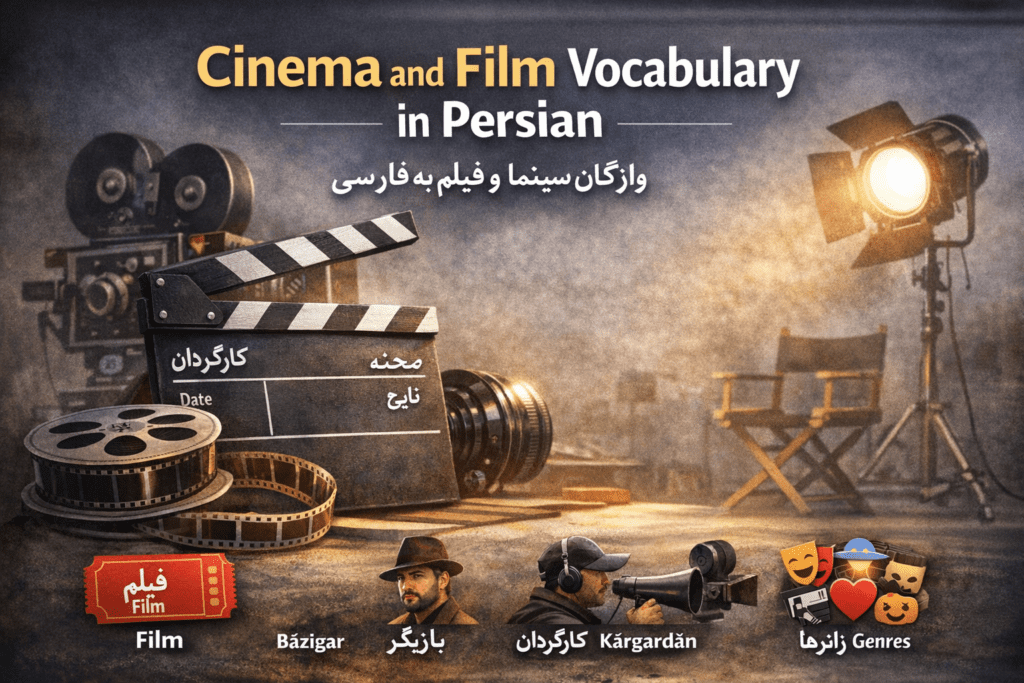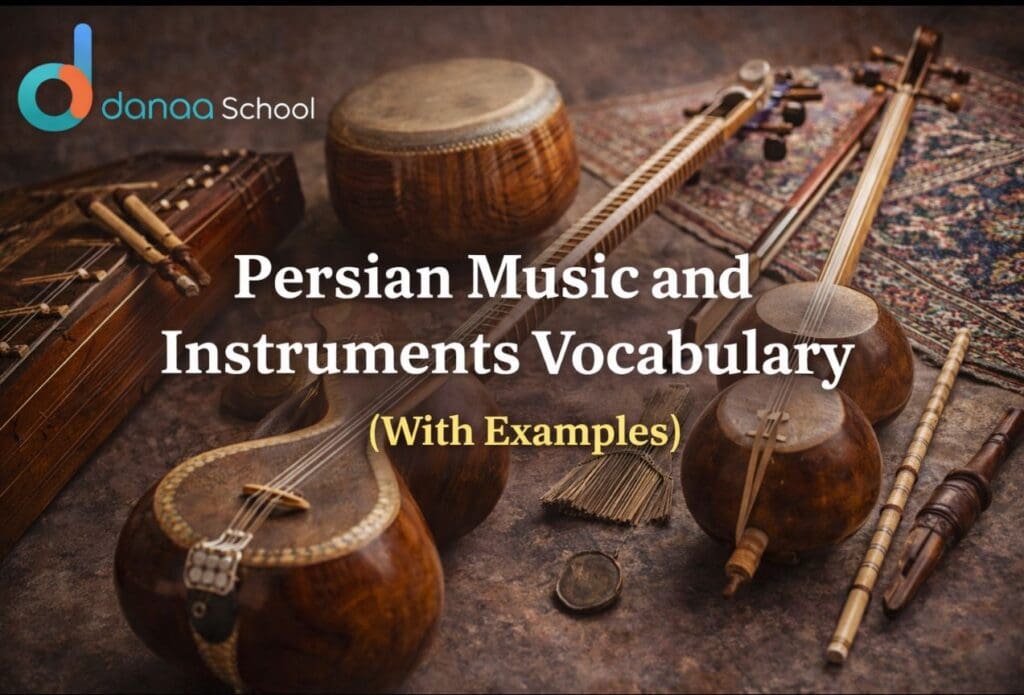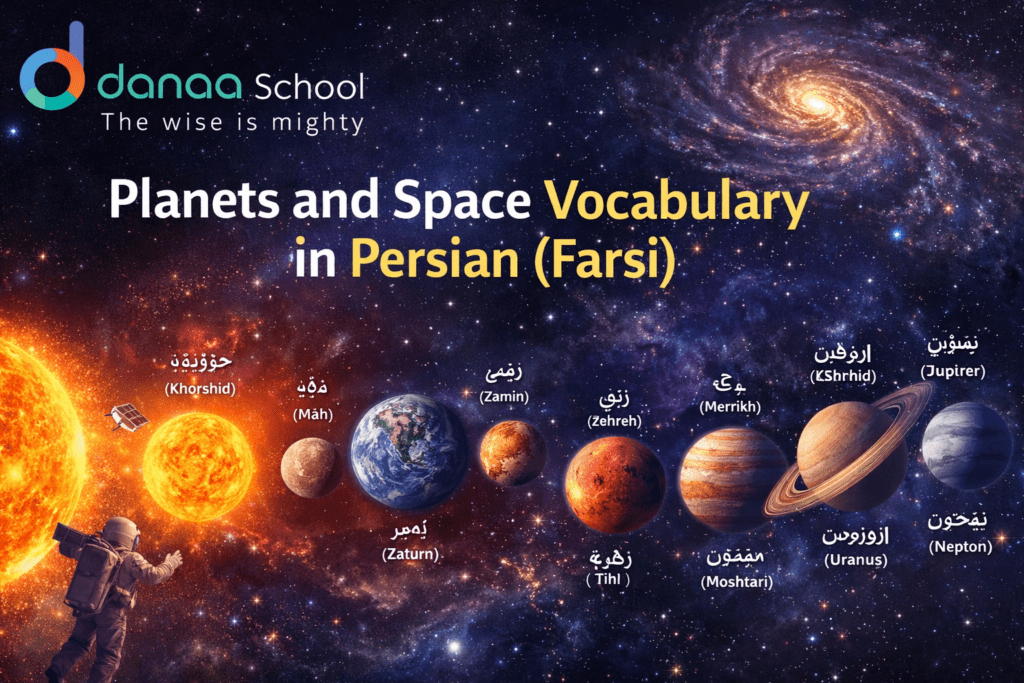Essential Slang Terms in Farsi to Make You a Native Speaker
Farsi to make you a native speaker is not only about learning grammar rules or memorizing vocabulary. What truly separates learners from native speakers is understanding how people actually talk in real life. Slang, informal expressions, and cultural phrases play a key role in sounding natural and confident when speaking Persian.
In this guide, you will learn essential Farsi slang terms, understand when and how to use them, and discover how slang helps you connect more deeply with Persian speakers.
Why Learning Farsi Slang Matters
Formal Persian is useful in textbooks and classrooms, but daily conversations rely heavily on slang. If your goal is farsi to make you a native level fluency, slang is not optional—it is essential.
- Helps you sound natural and relaxed
- Makes conversations more engaging
- Builds stronger social connections
Understanding Cultural Context
Farsi slang reflects humor, emotions, and social values. By learning slang, you gain insight into Persian culture and avoid sounding overly formal or distant.
Common Farsi Slang You Hear Every Day
Everyday Expressions
- سلام (Salâm) – Hi / Hello
- خوبی؟ (Khubi?) – How are you?
- مرسی (Merci) – Thanks
- خدافظ (Khodâfez) – Bye
- چه خبر؟ (Che khabar?) – What’s up?
Slang for Emotions and Reactions
- وای (Vây) – Wow
- بیخیال (Bikhiyâl) – Forget it / Never mind
- دمت گرم (Damat garm) – Well done / Thanks
- حال میکنم (Hâl mikonam) – I enjoy it
Regional Differences in Farsi Slang
Slang can change depending on location. Tehran slang may sound different from expressions used in Shiraz or the north of Iran. Learning these variations helps you better understand accents, humor, and local expressions.
How to Practice Farsi Slang Naturally
Learn Through Real Content
Watching Iranian movies, listening to Persian music, and following Persian creators online exposes you to real spoken Farsi. This is one of the fastest ways to reach farsi to make you a native fluency.
Practice With Native Speakers
Language exchange, group classes, or conversation partners allow you to test slang in real situations and receive natural feedback.
Common Mistakes When Using Farsi Slang
Some slang is informal or context-specific. Avoid using slang in professional or formal environments until you fully understand its tone and meaning.
- Avoid outdated or offensive expressions
- Pay attention to tone and body language
- Ask when unsure
How Long Does It Take for Farsi to Sound Native?
Reaching native-like Persian depends on exposure and consistency. Learners who focus on real conversations and slang progress faster than those relying only on textbooks.
Achieving farsi to make you a native fluency is about rhythm, confidence, and natural expression—not perfection.
Why Learn Farsi with Danaa School?
Danaa School offers structured and engaging Farsi programs that focus on real-life communication. Our courses help learners move beyond textbooks and speak Persian naturally and confidently.
Through interactive lessons and cultural immersion, students gain the tools they need to truly sound native.
Conclusion
Mastering Farsi slang is a key step toward sounding natural and confident. By learning how people really speak and understanding cultural context, you move closer to true fluency. If your goal is farsi to make you a native, slang is one of the most powerful tools you can learn.









